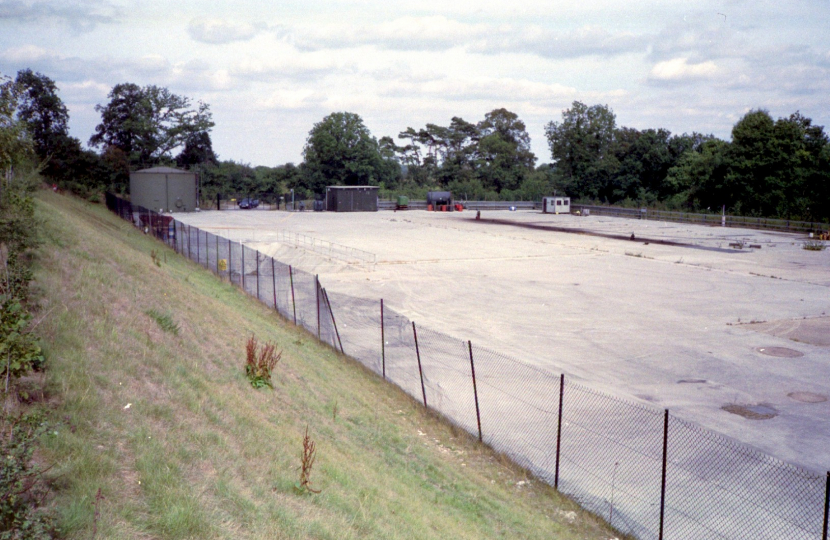
The first well that I worked on where hydraulic fracturing (‘fracking’) was applied was in the Netherlands in 1982, the last in 2012 in North Dakota in the United States. In the thirty years between the technique changed from a rarity to a routine operation. Combined with a second innovation, horizontal well drilling, it revolutionised onshore well production of oil and gas from low permeability reservoirs.
In the United States fracking of horizontal wells radically reduced the price of energy. One consequence, old and dirty coal fired power stations were replaced by cleaner and greener gas fired power. From a net importer, the United States became an exporter. Some of the gas replacing Russian gas in Europe thus helping to alleviate the current crisis is produced in the United States from fracked horizontal wells.
The technique was not without controversy, not least because the shorthand term ‘fracking’ fits nicely on a placard and is handily similar to a swear word. Much of what is written about fracking by its opponents is at best misleading.
A good example is a recent article headlined “Anger as fracking companies can now look to drill in Croydon, Sutton and Bromley”. It was triggered by the announcement that the moratorium on fracking operations imposed in 2019 had been lifted by the government.
Most obviously, the licence PEDL 245 was relinquished in 2014 and the Company that operated the licence no longer exists. More minor points, there is no such thing as a fracking plant, and if there were to be a drilling operation, Selsdon Park or Addington Palace would be the last place you would choose.
There has in fact been UK production of oil from shales since Victorian times. Oil production was prioritised during the Second World War, mainly from fields in the East Midlands. More recently, there has been production from small fields in the South of England. Wytch Farm near Corfe Castle, is the only field of North Sea size yet discovered onshore in the UK.
More than twenty years ago I visited nearby sites in the South of England where there was oil and gas production. One was less than eight miles South of Croydon. Most were rather difficult to find, indeed some I was unable to find so unobtrusive were they. The picture is of a site near Aldershot.
I would not like residents to think that producing oil and gas is easy, or that fracking as a technique is without challenges. If there were to be a proposal to drill a well nearby, I would be the first person asking difficult questions. However, having lived and worked in areas where the technique is used, I am confident it can be done safely.
Back to the Croydon area, currently there is no licence to explore, produce, shoot seismic, drill a well, still less to frack it. My own opinion is there is a very low chance of finding oil and gas in commercial quantities here anyway.



